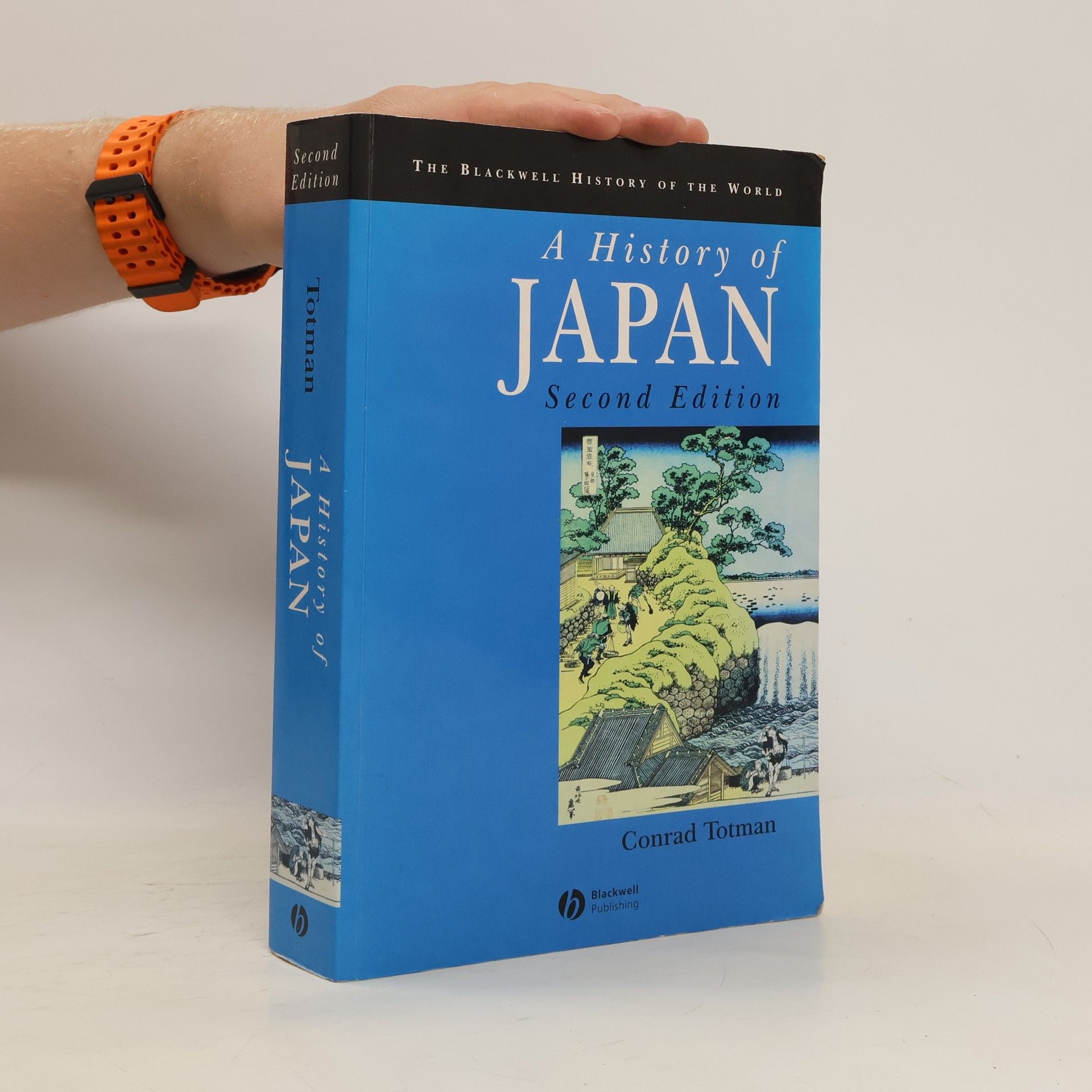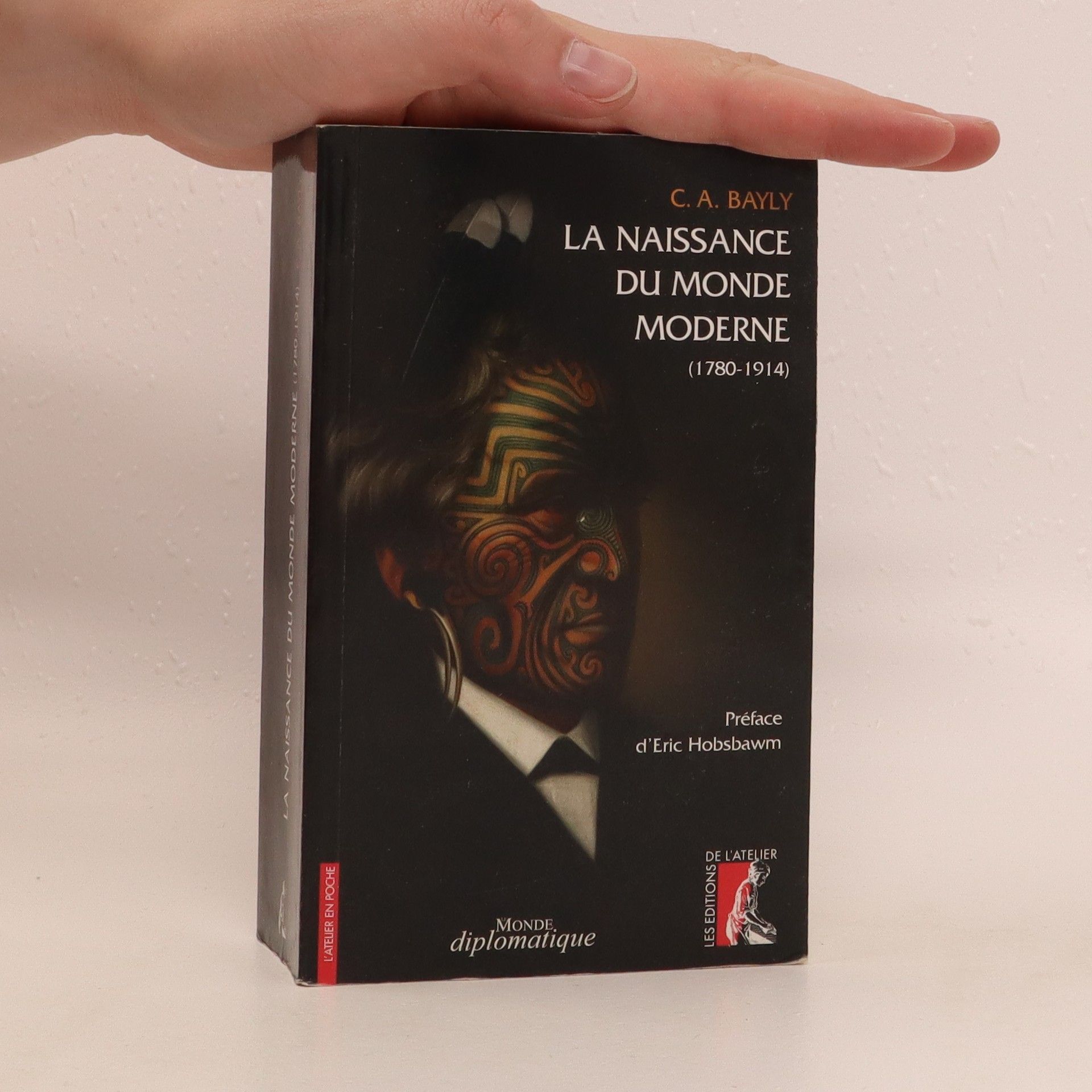List Of Illustrations.§List Of Tables And Maps.§§Series Editor's Preface.§§Acknowledgements.§§Introduction.§§The Organization Of The Book.§§Problem One: 'Prime Movers' And The Economic Factor.§§Problem Two: Global History And Post-Modernism.§§Problem Three: The Continuing 'Riddle Of The Modern'.§§Conforming To Standards In Bodily Practice.§§Building Out From The Body: Communications And Complexity.§§Afterword.§§Part I: The End of The Old Regime:.§§1. Old Regimes And 'Archaic Globalisation':.§§Peasants And Lords.§§The Politics Of Difference.§§Powers On The Fringes Of States.§§Harbingers Of New Political Formations.§§The Pre-History Of 'Globalisation'.'Archaic' And Early Modern Globalisation.§§Prospect.§§2. Passages From The Old Regimes To Modernity:.§§The 'Last Great Domestication' And 'Industrious Revolutions'.§§New Patterns Of Afro-Asian Material Culture, Production And Trade.§§The Internal And External Limits Of Afro-Asian 'Industrious Revolutions.'.§§Trade, Finance And Innovation: European Competitive Advantages.§§The Activist, Patriotic State Evolves.§§Critical Publics.§§The Development Of Asian And African Ecumenes.§§Conclusion: 'Backwardness', Lags And Conjunctures.§§3. Convergent Revolutions, 1780-1820:.§§Contemporaries Ponder The World Crisis.§§A Summary Anatomy Of The World Crisis, C. 1720-1820.§§Sapping The Legitimacy Of The State: From France To China.§§The Ideological Origins Of The Modern State.§§Nationalities Versus States And Empires.§§The Third Revolution: Polite And Commercial Peoples Worldwide.§§Prospect.§§Part II: The Modern World In Genesis:.§§4. Between World Revolutions, C. 1815-1860.§§Assessing The 'Wreck Of Nations'.§§British Maritime Supremacy, World Trade And Agrarian Recovery.§§Emigration: A Safety Valve.§§The Losers In The 'New World Order', C. 1815-65.§§Problems Of Hybrid Legitimacy - Whose State Was It?.§§The State Gains Strength - But Not Enough.§§Wars Of Legitimacy In Asia: A Summary Account.§§Economic And Ideological Roots Of The Asian Revolutions.§§The Years Of Hunger And Rebellion In Europe, 1848-51.§§The American Civil War As A Global Event.§§Convergence Or Difference?.§§Reviewing The Argument.§§5. Industrialisation And The New City:.§§Historians, Industrialisation And Cities.§§The Progress Of Industrialisation.§§Cities As Centres Of Production And Consumption.§§The Urban Impact Of The Global Crisis, 1780-1820.§§Race And Class In The New City.§§Working Class Politics.§§World-Wide Urban Cultures And Their Critics.§§Conclusion.§§6. Nation, Empire And Ethnicity: C. 1860-1900:.'Theories' Of Nationalism.§§When Was Nationalism?.§§Whose Nationalism?.§§Perpetuating Nationalisms: Memories, National Associations And Print.§§From Community To Nation: The Eurasian Empires.§§Where We Stand With Nationalism.§§Peoples Without States; Persecution Or Assimilation?.§§Imperialism And Its History In The Late Nineteenth Century.§§Dimension Of The 'New Imperialism'.§§A World Of Nation States?.§§The Persistence Of Old Patterns Of Globalisation.§§From Globalisation To Inter- Nationalim.§§Inter-Nationalism In Action.§§Conclusion.§§Part III: State And Society In The Age of Imperialism:.§§7. Myths And Technologies Of The Modern State.§§Dimensions Of The Modern State.§§The State And The Historians.§§Problems Of Defining The State.§§The Modern State Takes Root; Geographical Dimensions.§§Claims To Justice And Symbols Of Power.§§The State's Resources.§§The State's Obligations To Society.§§Tools Of The State.§§State, Economy And Nation.§§A Balance Sheet: What Had The State Achieved?.§§8. The Theory And Practice Of Liberalism, Rationalism, Socialism And Science.§§Contextualising 'Intellectual' History.§§The Corruption Of The Righteous Republic: A Classic Theme.§§Righteous Republics World-Wide.§§The Advent Of Liberalism And The Market: Western Except
Storia del Mondo BlackwellSerie
Questa ambiziosa serie mira a offrire una fonte di conoscenza accessibile sull'intera storia umana. Alcuni volumi considerano il mondo nel suo complesso, mentre altri offrono vedute sinottiche della storia di particolari regioni o civiltà. I libri prestano un'attenzione equilibrata alla storia sociale e culturale, oltre che ai cambiamenti politici e istituzionali. Ogni volume fornisce una trattazione sistematica di un vasto argomento, pur essendo immaginativo e interpretativo, incoraggiando gli autori a presentare i propri punti di vista.






Ordine di lettura consigliato
A History of China
- 448pagine
- 16 ore di lettura
Capturing China s past in all its complexity, this multi-faceted history portrays China in the context of a larger global world and incorporates the narratives of Chinese as well as non-Chinese ethnic groups. The book offers a complete political, economic, social, and cultural history of China, covering the major events and trends.
La naissance du monde moderne
- 862pagine
- 31 ore di lettura
Cette réflexion sur l'histoire du monde mêle, à travers les différents continents, l'économie et les révolutions, la religion et les idéologies, l'urbanisme et les arts, et remet en cause les visions du monde consacrées et l'idée selon laquelle le modèle de civilisation né en Europe occidentale aurait dominé dès le XVIe siècle.
A History of Japan
- 720pagine
- 26 ore di lettura
This comprehensive history chronicles Japan's evolution from around 8000 BC to contemporary times, offering insights into its cultural, political, and social transformations. The new edition enhances the narrative with updated research and perspectives, making it an essential resource for understanding Japan's rich heritage and complex history.
A History of India
- 444pagine
- 16 ore di lettura
This new edition of Burton Stein's classic A History of India builds on the success of the original to provide an updated narrative of the development of Indian society, culture, and politics from 7000 BC to the present.
A History of Southeast Asia: Critical Crossroads presents a comprehensive history of Southeast Asia from our earliest knowledge of its civilizations and religious patterns up to the present day.